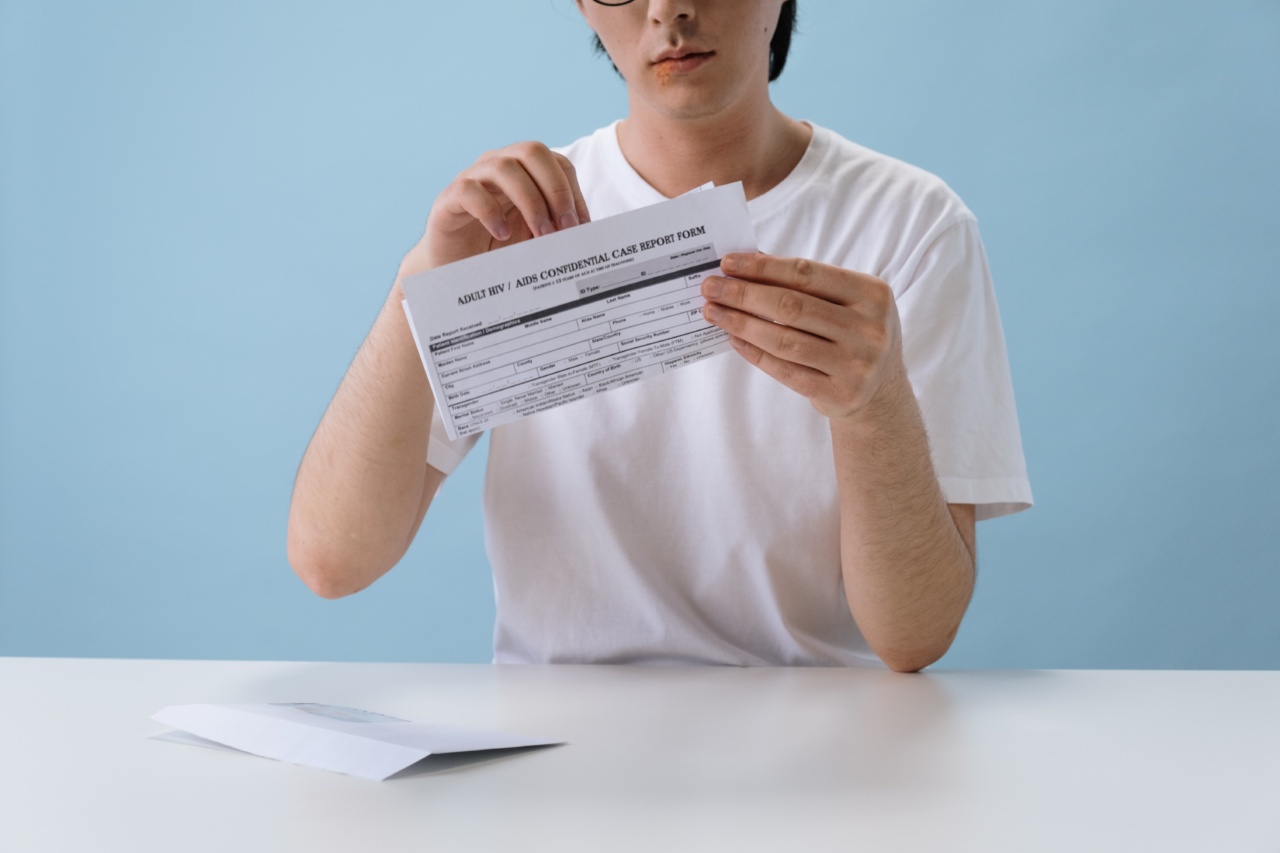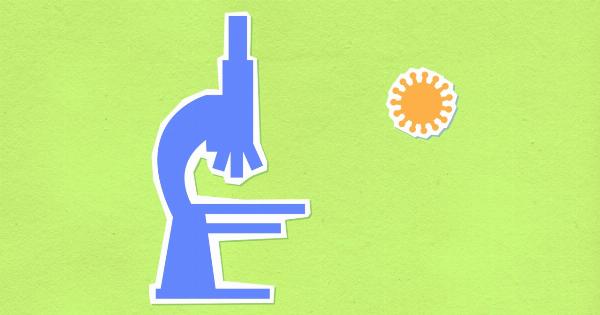Herpes zoster, commonly known as shingles, is a viral infection that affects the nerves and skin. It occurs due to the reactivation of the varicella-zoster virus, which causes chickenpox.
Herpes zoster causes a painful, blistering rash that can last for several weeks. Here are the ABCs of herpes zoster:.
What Causes Herpes Zoster?
The varicella-zoster virus, which causes chickenpox, remains dormant in the nerve cells of the body after a person recovers from chickenpox. The virus may reactivate years later, causing herpes zoster.
The exact cause of reactivation is unknown, but triggers that can reactivate the virus include:.
- Age (shingles is more common in people over 50)
- Stress
- Illness
- Weakened immune system
- Injury
What Are the Symptoms of Herpes Zoster?
The first symptom of herpes zoster is usually pain, which may be severe and last for several days before the rash appears. Other symptoms include:.
- Tingling or burning sensation in a specific area of the skin
- Sensitivity to touch
- Fever
- Nausea
- Headache
After a few days, a rash of fluid-filled blisters appears on one side of the body. The rash is usually limited to a specific area, such as the chest, back, or face. The blisters may burst and crust over, and they usually take two to four weeks to heal.
Scarring may occur after the rash has healed.
How Is Herpes Zoster Diagnosed?
A doctor can usually diagnose herpes zoster based on the symptoms and the appearance of the rash. In some cases, the doctor may take a sample of the fluid from the blisters to confirm the diagnosis.
How Is Herpes Zoster Treated?
There is no cure for herpes zoster, but antiviral medications can help to shorten the duration of the rash and reduce the severity of the symptoms.
The medications should be started as soon as possible, preferably within 72 hours of the onset of symptoms. Pain relievers and antihistamines may also be prescribed to relieve pain and itching.
In addition to medications, home remedies such as cool compresses and oatmeal baths can help to soothe the rash and relieve itching. It is important to keep the rash clean and dry to prevent infection.
How Can Herpes Zoster Be Prevented?
A vaccine is available to prevent herpes zoster in people over the age of 50. The vaccine is recommended for anyone who has had chickenpox, even if they cannot remember having it.
The vaccine can reduce the risk of developing herpes zoster by up to 90%, and it can also reduce the severity of symptoms in people who do develop the condition.
Other ways to prevent herpes zoster include maintaining a healthy immune system and avoiding contact with people who have chickenpox or shingles.
What Are the Complications of Herpes Zoster?
In some cases, herpes zoster can lead to complications, such as:.
- Postherpetic neuralgia, which is a type of chronic pain that can persist after the rash has healed
- Vision loss (if the rash occurs near the eye)
- Hearing loss (if the rash occurs near the ear)
- Bacterial skin infections
- Neurological problems
These complications are more common in people over the age of 60, people with weakened immune systems, and people with severe herpes zoster.
Conclusion: Stay Informed and Get Vaccinated
Herpes zoster, or shingles, is a viral infection that can cause a painful, blistering rash. It is caused by the reactivation of the varicella-zoster virus, which causes chickenpox.
Herpes zoster can be prevented by getting vaccinated and maintaining a healthy immune system. If you develop symptoms of herpes zoster, it is important to seek medical treatment as soon as possible to reduce the risk of complications.




























